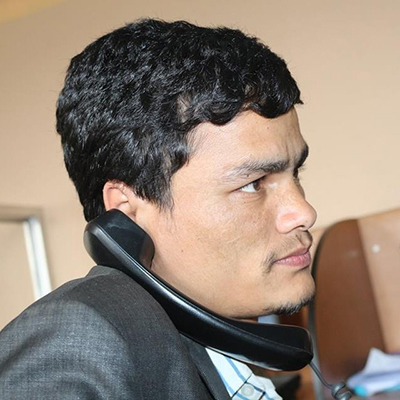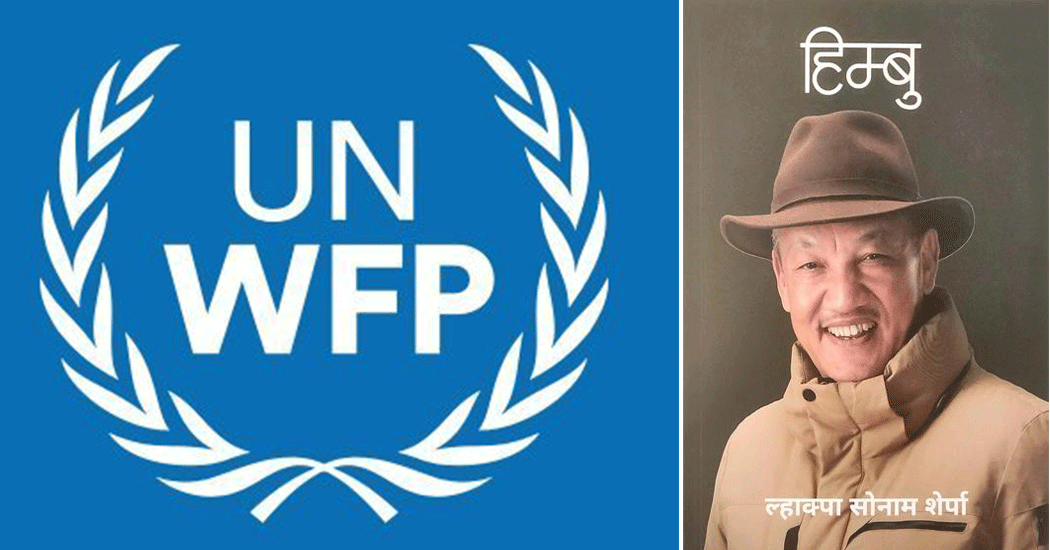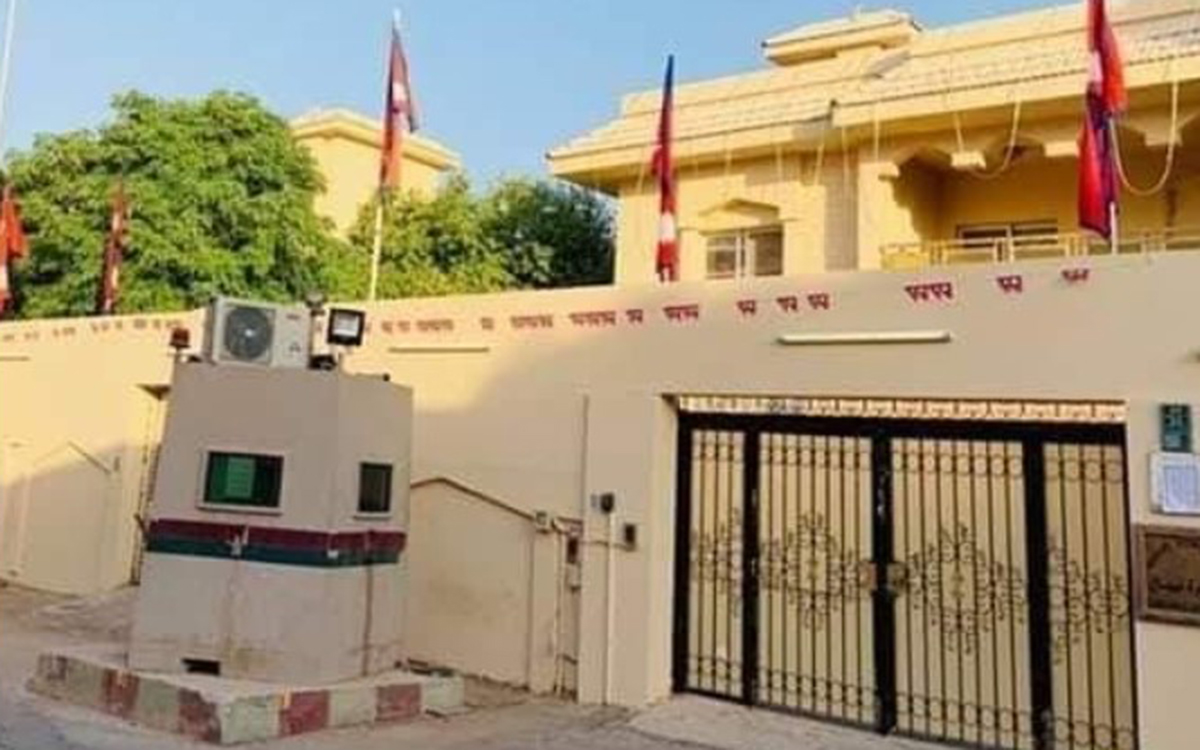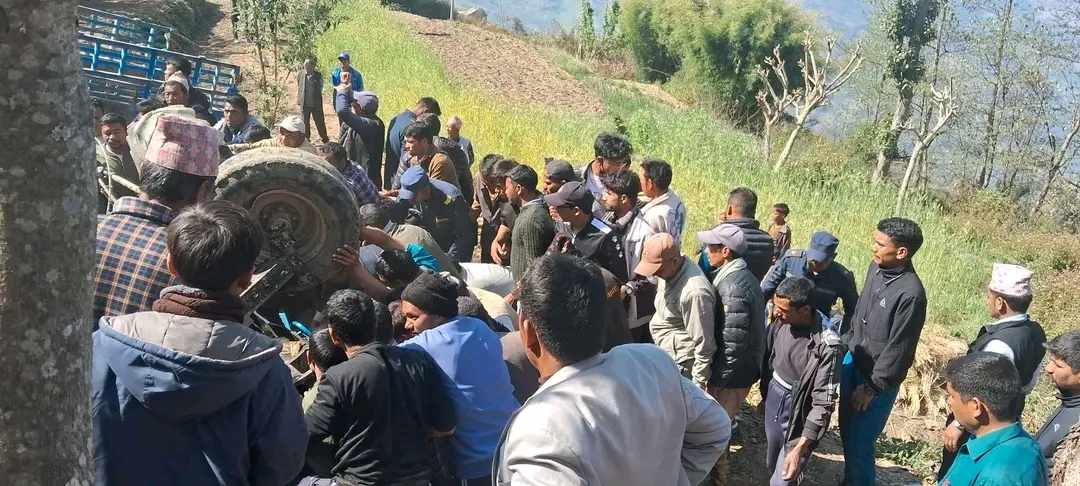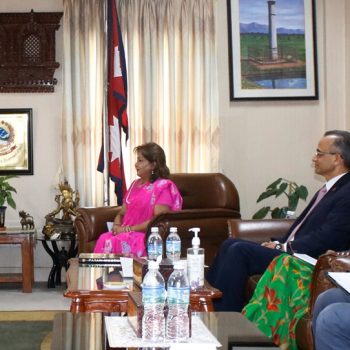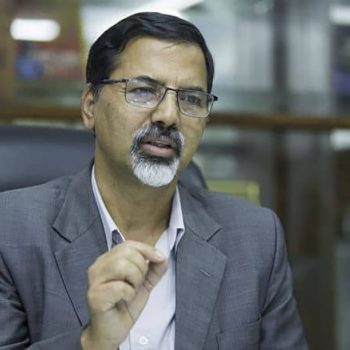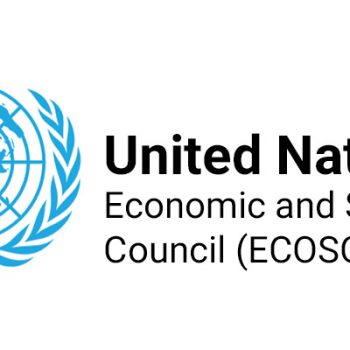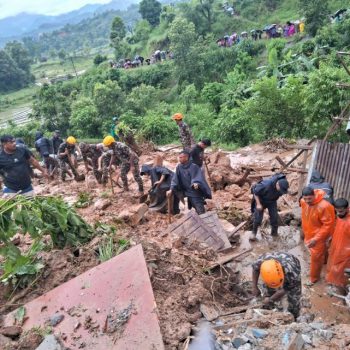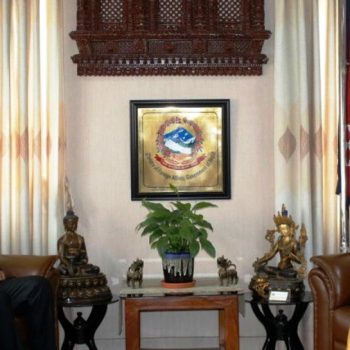We are working to reduce untouchability to zero in the next 6 years: Chairman of National Dalit Commission
KATHMANDU: Today is the 21st of Jestha (4th June). This is the day Nepal was declared an untouchability-free nation. This day is celebrated in remembrance of the declaration of Nepal as an untouchability-free nation by the Parliament on 21st of Jestha 2063. Even though Nepal has been legally untouchability-free for 15 years, this has not been fully implemented in practice.
The National Dalit Commission, established as a constitutional body of the Dalit community, which occupies about 14% of the total population of the country, has been appointed as a constitutional commission five years after the promulgation of the Constitution of Nepal.
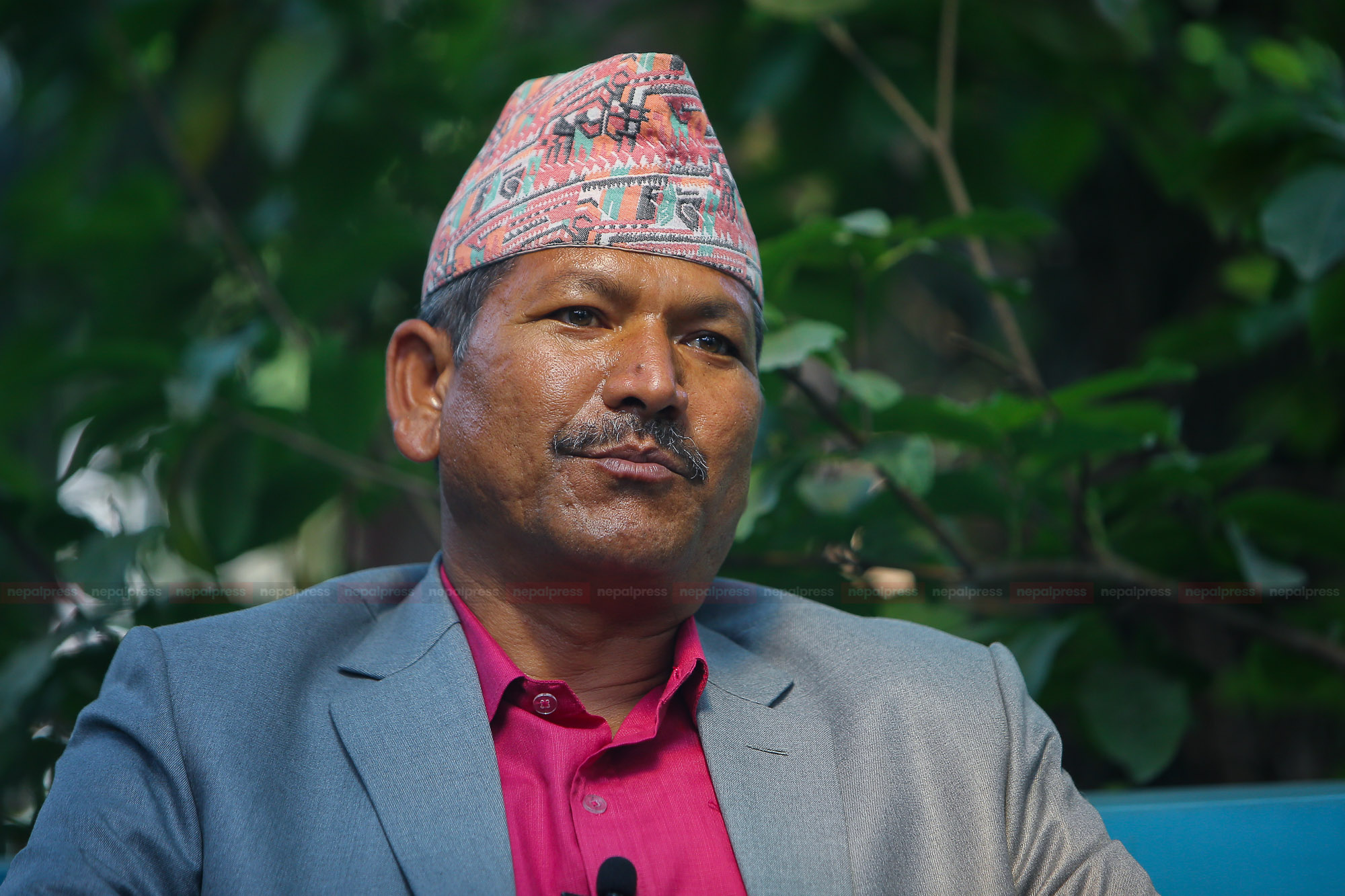
How is the commission, which got its first lead in the midst of the COVID pandemic after being recognized as a constitutional commission, working? How has it been carrying out the implementation of the untouchability-free declaration practically? In this regard, Nepal Press spoke to the Chairman of the Commission, Devraj Bishwokarma, presented below on Nepal Talk:
As Nepal enters 15 years since it was legally declared an untouchability-free nation, how much has it been implemented in practice?
This is a very complicated question. I would like to let the general public know through Nepal Press that our country, Nepal, has been mired in ethnic untouchability for a long time. People have been suffering from untouchability. The government is against it, but there are many complications in practice.
After getting the recognition of the Constitutional Commission, it has not been long since you got the responsibility of leading it first. How have you understood the Commission?
The Commission is committed to liberating the Dalit community from untouchability in accordance with the law delegated to it. I think we can do that if we move forward using the rights given by the constitution and the law.
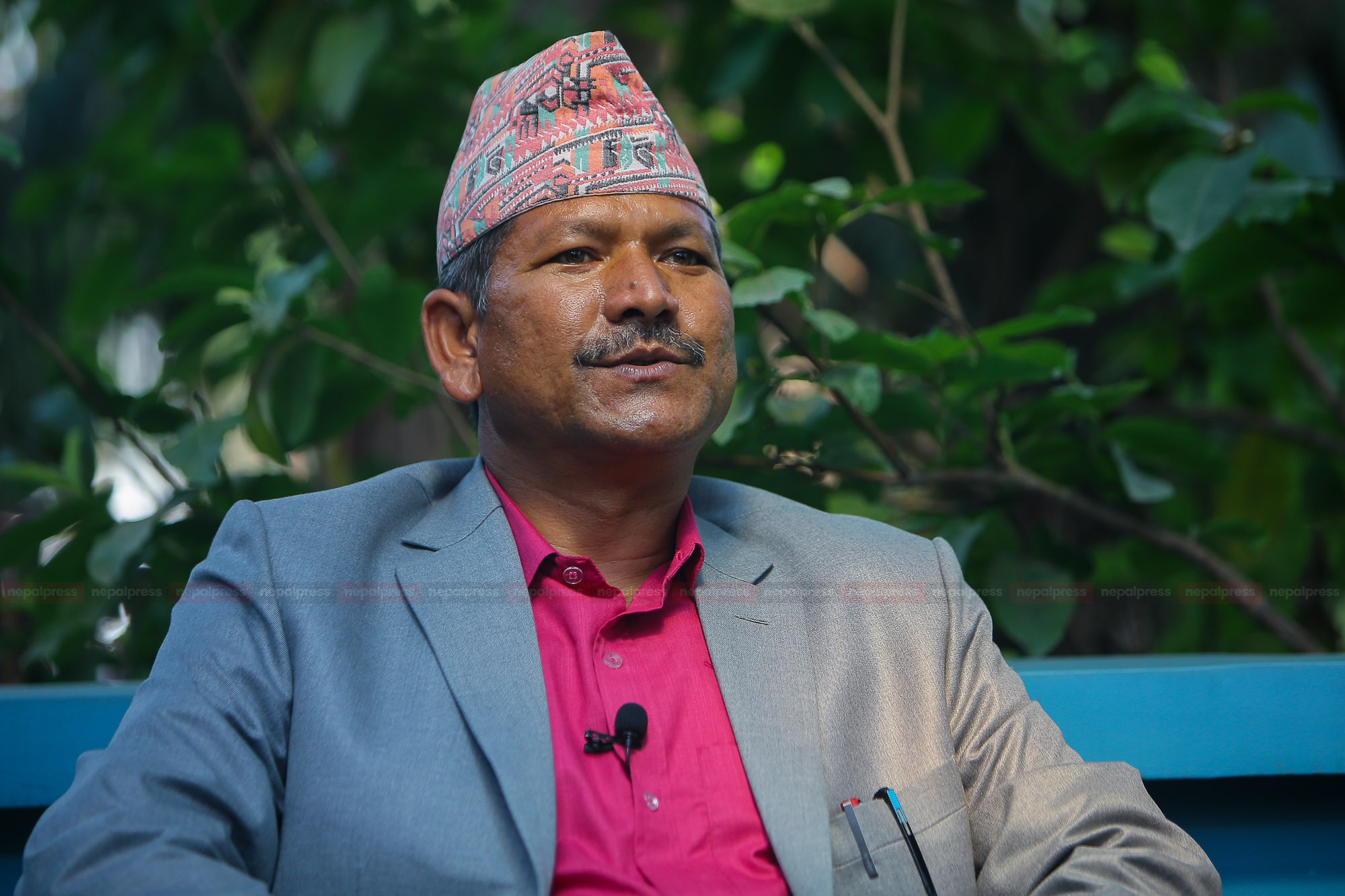
Has the commission got the required staff or not, besides executives?
There is still some confusion going on about the staff. We are coordinating with the government on this. I think this problem will be solved soon. We are trying.
How many posts of the allocated 30 in the commission have been filled?
The situation where the employees do not want to come to the commission due to various reasons right now is understandable. We are trying to solve this. The commission should have one sociologist and one law expert. Due to lack of knowledge, research work in the commission has currently stopped.
We have been saying to the government that a person who knows about law and sociology should also be in the commission. Right now, we have been working even in the absence of this. We expect the government to pay attention to this.
Does this mean the commission does not have the required staff?
Yes, of course.
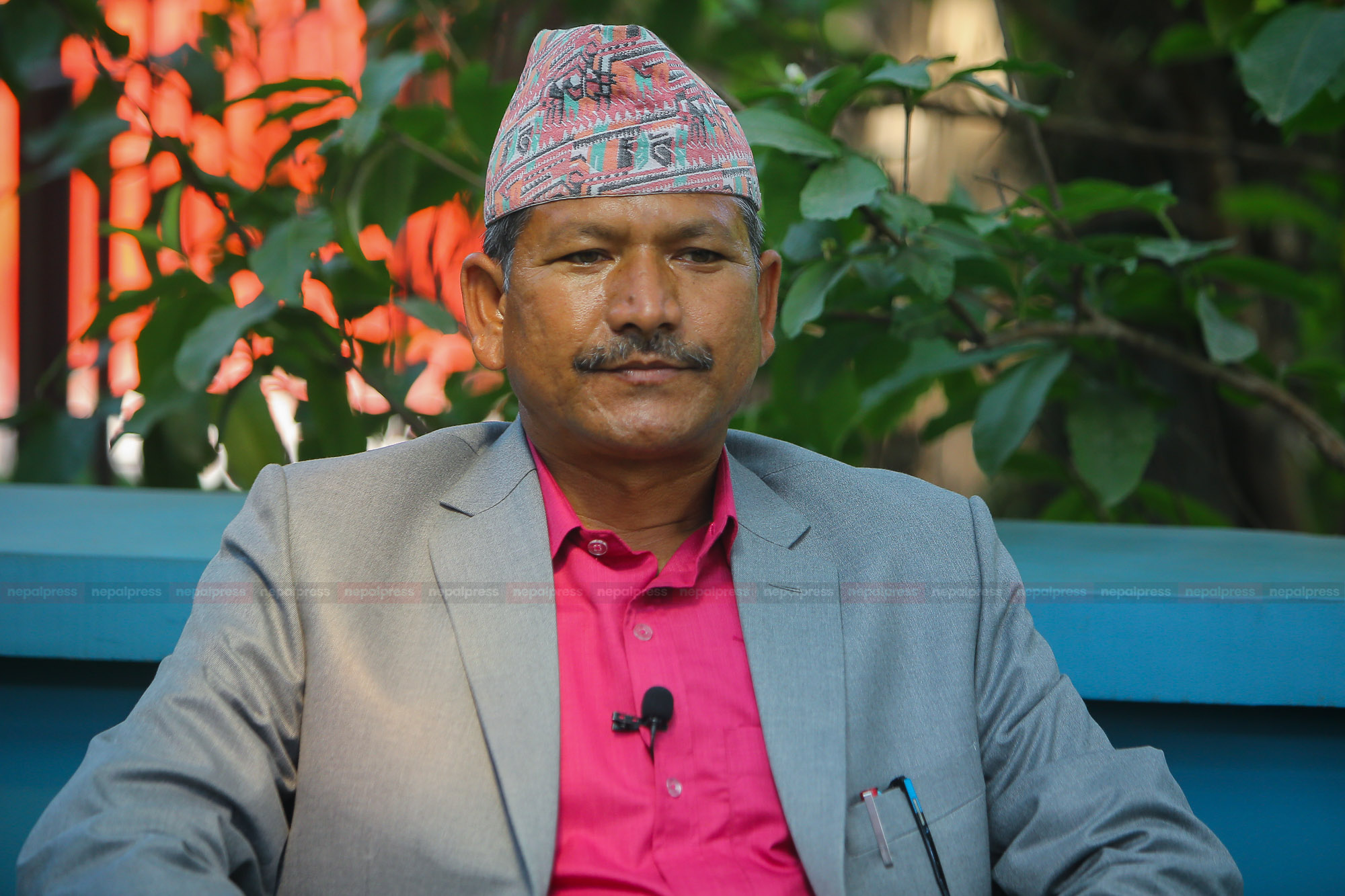
What work did the commission under your leadership begin after getting office bearers?
We are working on the complaints received by the Commission on a daily basis. As a commission has been formed to address such grievances and also to give policy suggestions to reduce untouchability, we have been providing such suggestions to the government.
We are working on the decision made by the Ministry of Home Affairs on the recommendation of the Council of Ministers regarding changing surnames. The Dalit community still suffers from untouchability because of their surname.
The government has taken initiatives to ensure the right to change one’s last name according to personal preference.
Some are facing problems even when their identities are not disclosed as some of the surnames are similar to the non-Dalit community. The government has also made arrangements for people to be able to write non-Dalit surnames. For this, we have issued a notice, providing a period of 3 months. That period is coming to an end in the third week of June. Upon receipt of the applications, we will publish this information in the Gazette, and the process will be completed.

In the 5 months since the incumbent took office, has only the process of surname change and registration progressed?
We have also taken other work forward. After our arrival, we put forward the Commission’s 10-year strategic plan. We have also started discussions with stakeholders about this. We will finalize it after receiving suggestions. In particular, we have put forward a plan to make 2021 to 2031 the decade of Dalit liberation. We wish to eradicate untouchability at the end of this decade. Accordingly, we have moved forward.
What else is included in the action plan?
This is to empower the Dalit community internally and to establish that ethnic untouchability is an issue not only for Dalits but for all. The goal of this program is to make them economically, socially, educationally, and politically capable. We explain to non-Dalits how Dalits may feel when they are insulted due to the use of specific terms. And we hope that if the government implements the plan we have made, we will definitely be successful.
What important work have you done to fulfill the responsibilities given to the Commission by the Act?
Everything I have said falls into this category. We have taken up the problems of the Dalits through the Ministry of Home Affairs and the Office of the Attorney General. At the same time, we are making internal preparations to give advice and suggestions in accordance with the provisions of the Untouchability and Discrimination (Offenses and Punishment) Act, 2068, and other acts and laws to end untouchability.

It has been 15 years since the country was declared an untouchability-free nation, where will the commission reach in the next six years and what will the Dalit community be like then?
The parliament has already declared the nation as one with untouchability eradicated. That is why we are celebrating this day. But it is true that this has not been implemented in practice. It is to be eradicated with the cooperation of Dalit and non-Dalit communities. At the end of our term, of course, we want to reduce ethnic untouchability to zero.
The non-Dalit community that has been discriminating against the Dalit community will understand that practicing untouchability is a crime in the next 6 years. We want to create a perception that this evil practice also harms and obstructs us. We also have a plan to get there. We have already taken steps to reduce it to zero. It is the hope and expectation of all of us that in the next six years, a situation will be created where no Nepali citizen will be discriminated against on the basis of caste.
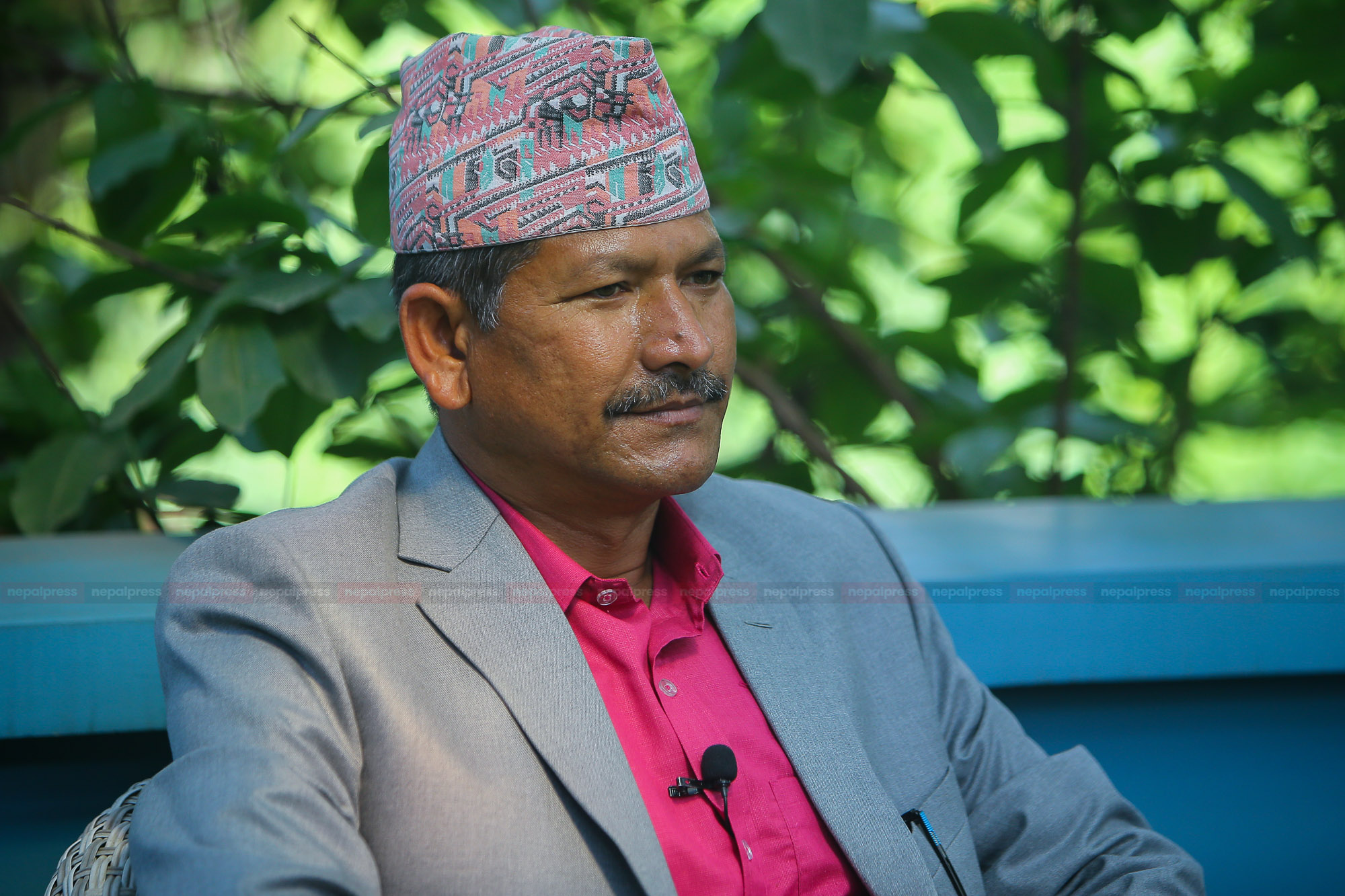
Finally, what do you want to say on behalf of the Commission on the occasion of the Day for the elimination of caste-based discrimination and untouchability?
Lastly, let us all think and reflect on how the developed countries of the world are looking at the situation of untouchability in Nepal. Let us understand what problems this untouchability is causing.
This is something that has been adopted by the constitution and the rule of law. This problem can be solved quickly if all government officials and officials take it seriously. Let us all do that. The Commission wants to move forward in collaboration with all bodies to end caste-based untouchability. The Commission is always open to all, forever.


